Keywords: Activists
There are more than 200 results, only the first 200 are displayed here.
-
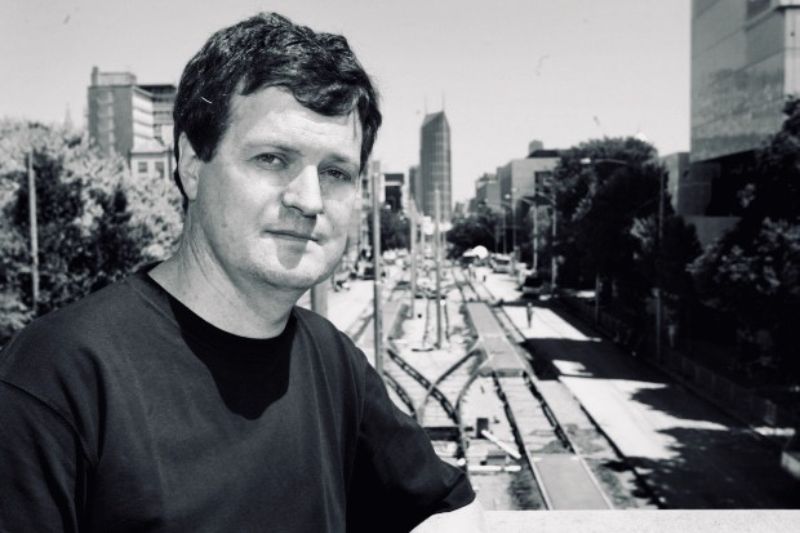
AUSTRALIA
- Erica Cervini
- 29 June 2023
Ten years after his passing, the work of renowned academic and transportation activist Paul Mees continues to reverberate through our public transport systems and urban spaces. Unafraid to challenge the status quo, his advocacy for public transport and sustainable urban living continues to influence debates and policy.
READ MORE
-
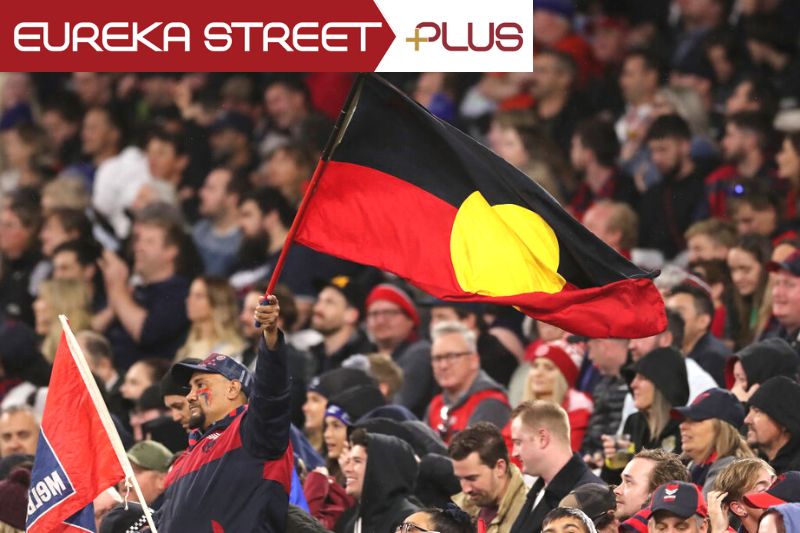
AUSTRALIA
- Michael McVeigh
- 29 May 2023
1 Comment
Amid the tumult at North Melbourne Football Club, President Dr. Sonja Hood poses a potent question on reconciliation and institutional hurt. As the Indigenous Voice referendum looms, her query underscores a national quest for trust-building and healing, challenging us to consider the hard conversations that could change the narrative.
READ MORE 
-
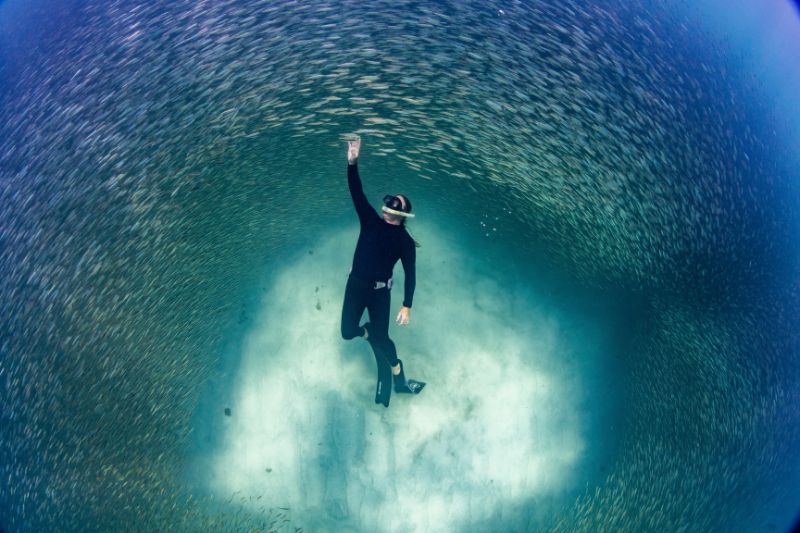
ARTS AND CULTURE
- David Halliday
- 16 May 2023
6 Comments
Arguably Australia's most celebrated novelist, Tim Winton conjures up images of ocean surf and wild remote beaches, having spent decades exploring the mysteries of the natural world in the pages of his novels. Now, speaking to Eureka Street, Tim Winton discusses his new documentary Ningaloo Nyinggulu and why we need to rethink our relationship to the wild.
READ MORE
-
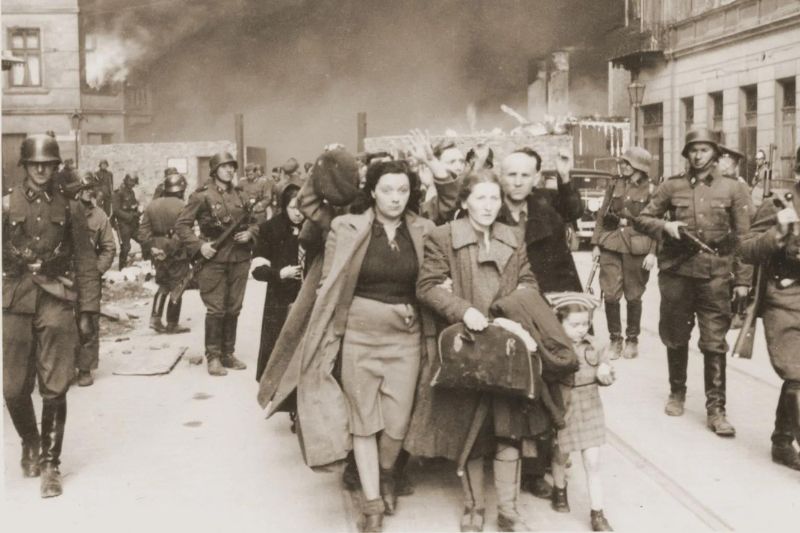
INTERNATIONAL
- Arnold Zable
- 19 April 2023
4 Comments
As Holocaust denial and falsehoods spread on social media, we commemorate the 80th anniversary of the Warsaw ghetto uprising, a heroic act of resistance against oppression, with a sense of urgency. Let us remember the lessons of the uprising and stand up against racism and authoritarianism in all its forms.
READ MORE
-
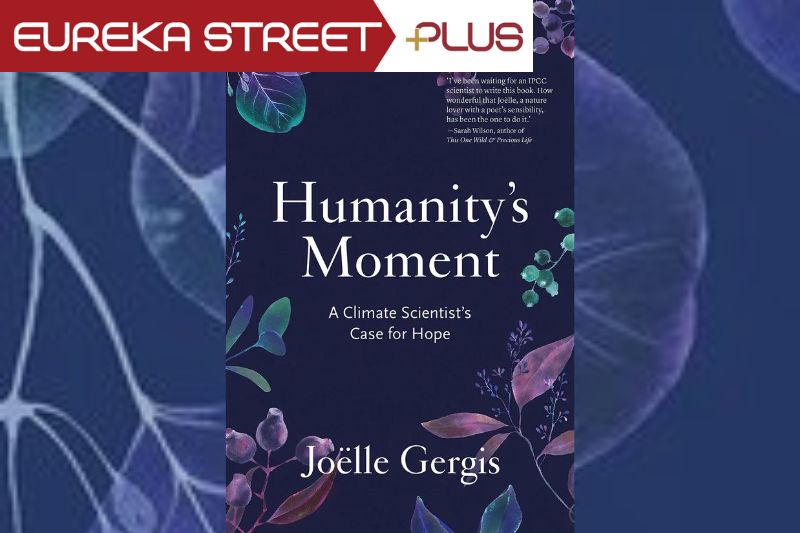
ENVIRONMENT
- Michele Gierck
- 24 March 2023
Climate science doesn't make for comfortable reading. As the climate crisis continues to escalate, Dr. Joëlle Gergis, prominent climate scientist and one of Australia's lead authors of the IPCC Sixth Assessment Report, offers readers a unique perspective on the urgent need for mass climate action and why we have reason to hope.
READ MORE 
-

ARTS AND CULTURE
- Michele Frankeni
- 28 November 2022
Does it matter that the Midsomer episode that has me so exercised didn’t mention attempted rape? After all, the guy was charged with murder — perhaps a more serious charge? And it is only a TV program for heaven’s sake. But even though occurring on a TV program, to not call out attempted rape is to trivialise it.
READ MORE 
-
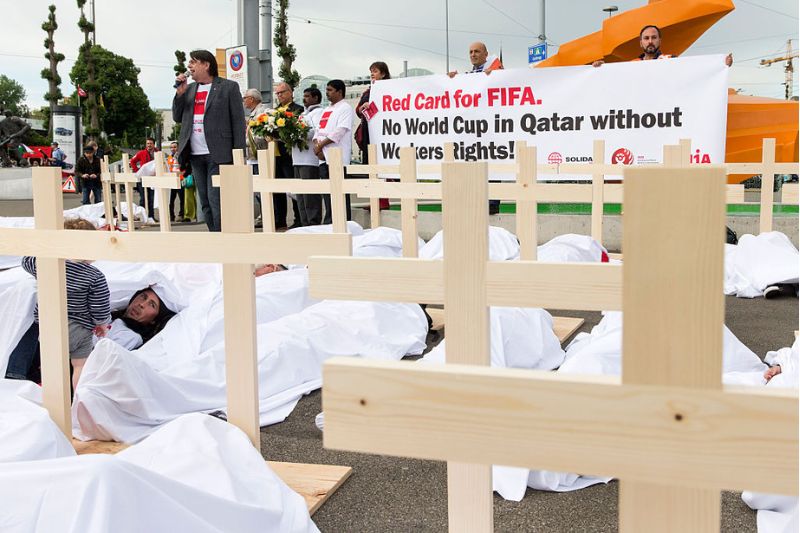
INTERNATIONAL
- Binoy Kampmark
- 25 October 2022
2 Comments
With the likes of David Beckham and Tim Cahill openly supporting the FIFA Men's World Cup in Qatar next month, what of those troubled sporting figures wishing to take an ethical, moral stand against a tournament’s organisers? To that end, a new, disingenuous form of protest has emerged, one of virtuous self-promotion that eschews substantive effect.
READ MORE 
-
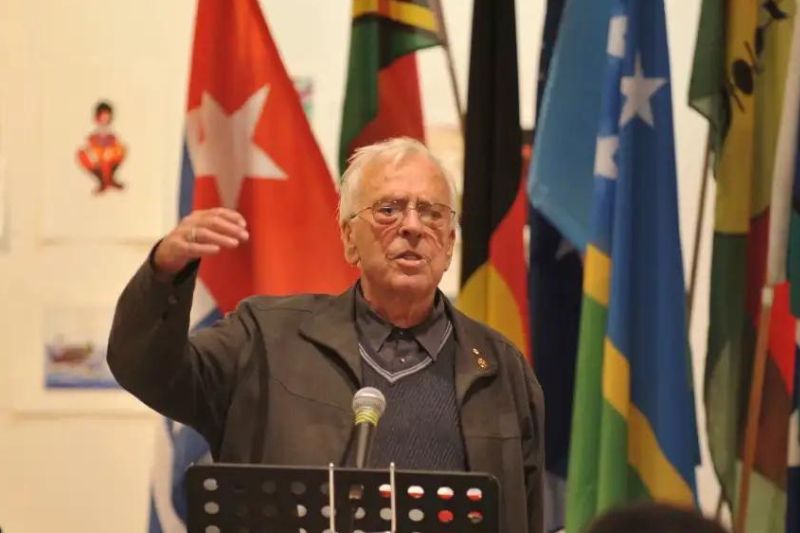
AUSTRALIA
- Andrew Hamilton
- 10 October 2022
8 Comments
Two weeks ago, Bishop Hilton Deakin died. My memories of him are inextricably tied to the Mass he celebrated in 1999 at St Patrick’s Cathedral in Melbourne, certainly the most emotionally charged event that I have seen there, following the violence orchestrated by the Indonesian military following the Referendum on Independence in East Timor. During the struggle for Independence, many East Timorese had joined the Catholic Church.
READ MORE 
-
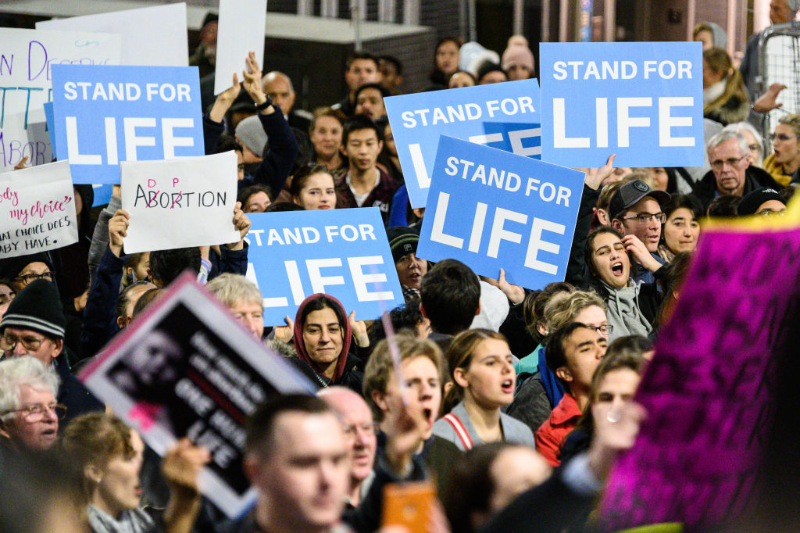
AUSTRALIA
- Michael McVeigh
- 15 June 2022
6 Comments
One would assume that the Victorian Liberal Party has looked at the numbers, and believes that religious conservatives no longer make up a significant proportion of their constituency. Certainly, the moral authority of the Catholic Church and other Christian denominations has taken a battering in the state over the last decade, with many remaining openly hostile to religious perspectives. If the pro-life movement was ever a significant force in Australian politics, that’s no longer the case.
READ MORE 
-
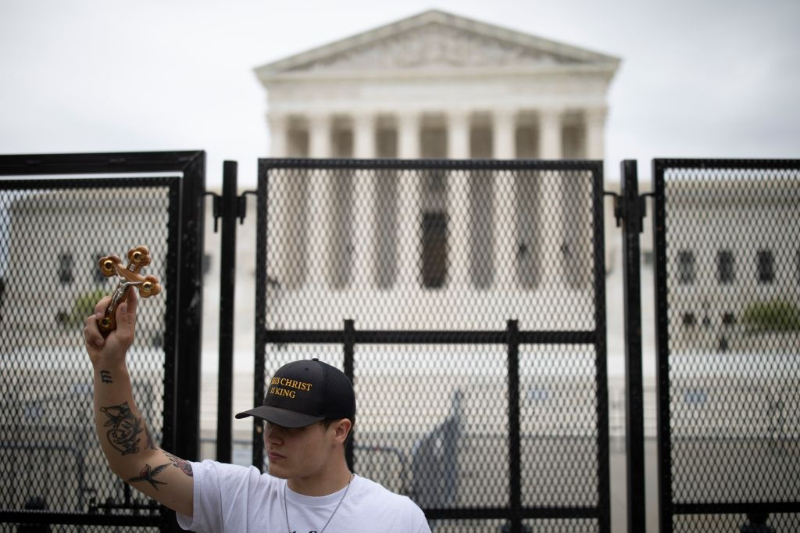
RELIGION
- Miles Pattenden
- 26 May 2022
19 Comments
News leaked earlier this month that the US Supreme Court plans to overturn its most famous decision, that in Roe vs Wade (1973) which protects a pregnant woman's freedom to choose to have an abortion without excessive government restriction. The decision has attracted much criticism both in the past and now on account of its dubious legal reasoning – in particular, its attempt to link the right to abort to a right to privacy which itself was notional and not specified in the US Constitution.
READ MORE 
-

MEDIA
- David Halliday
- 20 May 2022
The news of Musk’s $44 billion dollar purchase of the platform was met with paroxysms of excitement or hysteria depending on where one sits on the political spectrum. Everyone had something to say about it (including Eureka Street). Considering the corrosive state of public discourse over the last few years, which has at least in part been influenced by the algorithms driving social media platforms like Facebook, Twitter and YouTube, I’ll be upfront in saying I’m not especially convinced of Twitter’s status as a social good. So, this development is at least deserving of some curiosity.
READ MORE 
-

ARTS AND CULTURE
- Juliette Hughes
- 28 April 2022
14 Comments
The rights and wrongs of what has happened in recent years regarding the experience and sufferings of transgender people have ended up as a polarised and difficult area of discourse, affecting women’s lives and rights far more than men’s. In the current situation, Raymond is a clear voice about the erosion of women’s rights and safety in what should be the safest, most pluralistic arena of all: academia.
READ MORE 